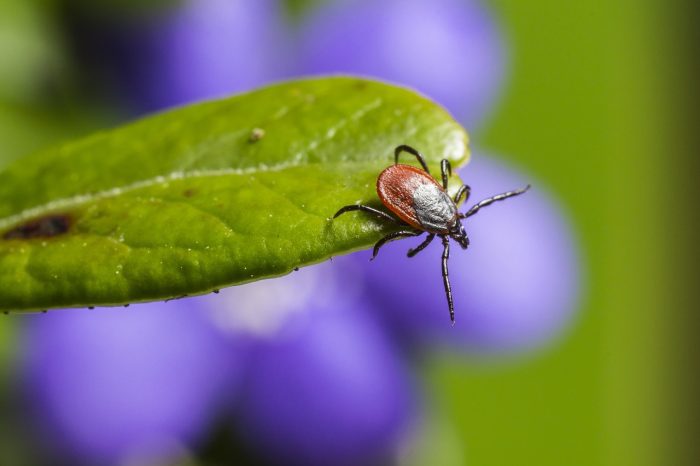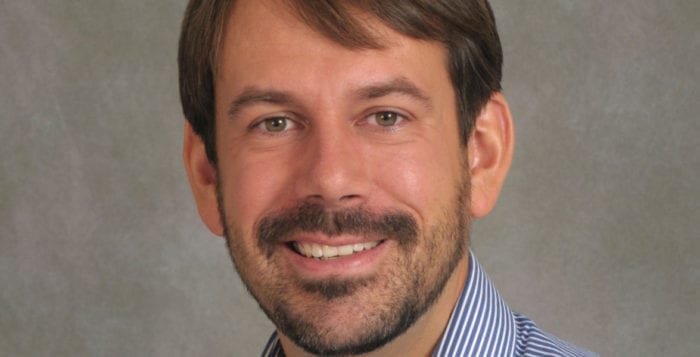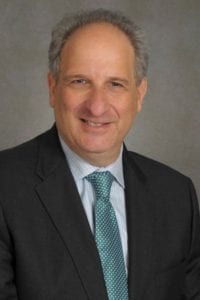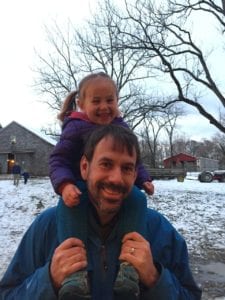By Daniel Dunaief
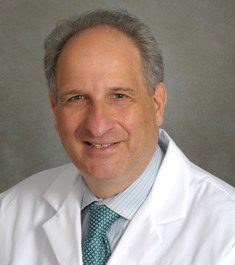
They bother us, particularly in the summer, but they don’t need us.
The 23 species of Borrelia bacteria, which cause Lyme disease, have been around for millions of years, dating back to when the continents were all linked together like pieces of a puzzle in Pangea. The bacteria likely infected early mammals in those days.
In a recent paper in the journal mBIO, researchers from over 12 institutions put together the genetic sequence of these bacteria, which include 47 strains.
The scope of the work “was enormous and we were lucky” to have so many dedicated investigators, said Ben Luft, Edmund D. Pellegrino Professor of Medicine at the Renaissance School of Medicine at Stony Brook University, including lead senior author Weigang Qiu, Professor of Biology at Hunter College of the City University of New York.
The work, which took about a decade to complete, could provide a valuable resource to researchers and doctors today and in the future. The genetic information could lead to advances in diagnostics, treatment and prevention of Lyme disease.
Scientist could use the database to compare the genomes of different species and variations that cause different symptoms to help diagnose the likely severity of an infection as well as to search for specific pathways that lead to the virulence of an infection.
Some infections can lead to fever, headaches, fatigue and a skin rash. Starting with the bite of an intermediate host such as a tick, these infections, when left untreated, can lead to problems in the joints, heart, and nervous system.
The number of new cases of Lyme disease each year has been climbing, reaching close to 500,000 per year in the United States.
Researchers added that creating a genetic catalog of the different bacterial species can also help current and future scientists and doctors manage new threats from strains of bacteria that move into new areas amid climate change.
These species haven’t interacted with each other in the past, but climate change may create opportunities for bacteria to create recombinant genes, presenting new threats to human health.
“You may start seeing things that you didn’t see before,” said Luft. “We don’t know what’s going to happen” amid climate change. “There might be new forms” of Lyme disease.
The challenge with Lyme is not necessarily what happens in 2024, but how it might change in 20 years, when organisms develop a new pathogenicity.
Lyme on four continents

In addition to generating a database of the Lyme disease bacterial genome, the researchers wanted to develop an understanding of its phylogenetic history.
“The goal really was to show how genetically diverse Borelia is throughout the world,” said Luft.
The researchers gathered genetic data from this bacteria, which was sampled in Europe, Asia, and North and South America.
By collecting the genetic information in each of these locations, the scientists were able to recreate the history of a bacteria that’s lasted considerably longer than many other organisms that have since become extinct.
“The genetic make up (genes and plasmids) hasn’t changed very much since the last common ancestor on Pangea (otherwise we would see different sets of genes and plasmids from different continents),” explained Qiu.
An extensive collaboration
Qiu and Luft were grateful for all the work scientists around the world did to contribute to this study.
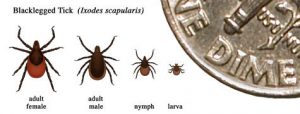
The team of Claire Fraser and Emmanuel Mongodin at the University of Maryland School of Medicine and Richard G. Morgan of New England Biolabs helped use next generation sequencing to determine the bacterial genome.
Indeed, Fraser was the first to map the complete genetic code of a free-living organisms. She worked with the Haemophilus influenza, which causes respiratory infections and meningitis in infants and young children, according to the University of Maryland School of Medicine.
Qiu, who earned his Phd from Stony Brook in 1999, suggested that the effort required regular, ongoing work. He supervised Dr. Saymon Akther for her thesis work, which was the basis of the paper. He also performed additional evolutionary analysis.
“For the past two years, we have been having weekly meetings on zoom,” said Qiu. “It’s a big relief” that the researchers published the study and shared the information with the scientific community.
Qiu credited Luft with being a consistent coordinator of the sequencing effort and diversity study for over 20 years.
The next steps
At this point, Luft and his colleagues are eager to share the information with the broader scientific community.
The researchers hope experts in artificial intelligence, bioinformatics and computer programming can use the data to understand more about the genome and develop potential therapeutic targets.
Luft is eager to see “how smart people take advantage of a decade’s worth of work that has been very carefully done, to move it all forward,” he said. “We have certain ideas that we are doing” to fill in the gaps.
Qiu has some existing grants he’s using to work on diagnostics and vaccine development.
Qiu, along with chemistry-department colleague Brian Zeglis, and Lyme diagnostic/ vaccine researcher Maria Gomes-Solecki, has a joint NIH/ NIAID grant to develop a novel PET-based technology to detect Lyme pathogens in vivo. They have also proposed a new Lyme vaccine design strategy.
Additional sequencing of the variable plasmid, which is not a part of the chromosomal DNA but can replicate independently, would continue to help determine what genetic codes contribute to the level of virulence for each strain or species.
“That’s like the last mile for the communication network,” said Qiu. The challenges include annotating the genomes, providing comparative analysis and using informatics development to share the genome variability with the research community.

